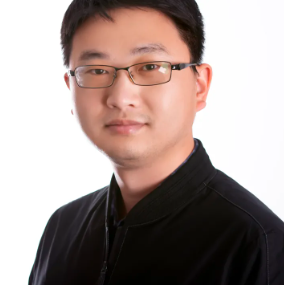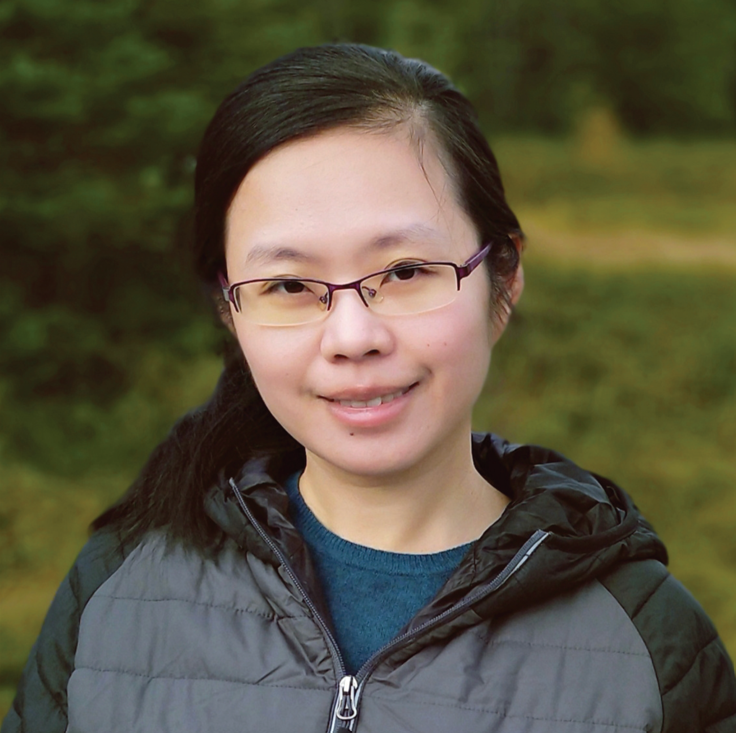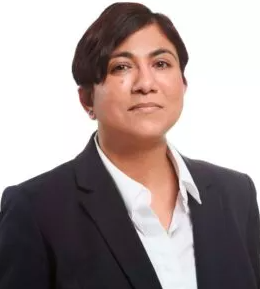Keynote Speakers

University of Liverpool, UK
FIEEE, FIET, FIMechE, FAAIA, FBCS, FHEA, CEng
Biography: Professor Chenguang (Charlie) Yang holds the Chair in Robotics with Department of Computer Science, University of Liverpool, UK. He is leading the Robotics and Autonomous Systems group. He was a Professor of Robotics with University of the West of England, Bristol, leading Robot Teleoperation Group at Bristol Robotics Laboratory. He is a member of European Academy of Sciences and Arts, and holds fellowships of Institute of Electrical and Electronics Engineers (IEEE), Institute of Engineering and Technology (IET), Institution of Mechanical Engineers (IMechE), Aisa-Pacific AI Association (AAIA), and British Computer Society (BCS). He is the corresponding Co-Chair of IEEE Technical Committee on Collaborative Automation for Flexible Manufacturing (CAFM). He was awarded EPSRC Innovation Fellowship (2018-21) and EU FP-7 Marie Curie International Incoming Fellowship grant (2011-13). As the lead author, he received the prestigious IEEE Transactions on Robotics Best Paper Award (2012) and IEEE Transactions on Neural Networks and Learning Systems Outstanding Paper Award (2022). He previously served as President of the Chinese Automation and Computing Society in the UK (CACSUK) and has organized several conferences as the general chair, including the 25th IEEE International Conference on Industrial Technology (ICIT) and the 27th International Conference on Automation and Computing (ICAC).

Assoc. Prof. Ting Zou
Memorial University of Newfoundland, Canada
Biography: Ting Zou received the B.Sc. degree in electrical engineering and the M.Sc. degree in automatic control engineering from Xi’an Jiaotong University, Xi’an, China, and the Ph.D. degree in robotics and mechatronics from McGill University, Montreal, QC, Canada. Afterward, she joined the Centre for Intelligent Machines of McGill University as a Postdoctoral fellow, working on the optimum design of the next-generation multi-speed transmissions for electric vehicles and nonlinear motion control of autonomous tracked vehicles for mining drilling operations. She is currently an Associate Professor with the Department of Mechanical and Mechatronics Engineering, Memorial University of Newfoundland, St. John's, NL, Canada. Her current research interests include mechanism design and control of biologically inspired robots, advanced human–robot interaction, machine learning for robotic applications, soft robots, and MEMS. Dr. Zou is a senior Member of the IEEE, and member of ASME, Canadian Society for Mechanical Engineers, and Canadian Committee for the Theory of Machines and Mechanisms.

Dr. Sritama Sarkar
ABL Group, UK
Speech Title: Integrating Artificial
Intelligence for Sustainable and Efficient Dredging
Abstract: Dredging plays a critical role in offshore,
coastal/ estuarine and inland environments for
infrastructure development, navigational requirements,
reclamation purposes and other sedimentation problems. The
objectives, challenges and regulatory frameworks differ
significantly between these areas.
Traditionally dredging was seen as a mechanically driven
industry. In recent years it is undergoing significant
transformation in terms of using clean energy, adapting
sustainable methodologies and integrating Artificial
Intelligence (AI) and Machine Learning (ML) algorithms along
with Big Data and Internet of Things (IoT). AI-driven
dredging optimization is focused on stakeholder and decision
maker engagement at appropriate levels, optimization of
dredging operations thereby reducing operational costs,
selection of suitable dredging window and minimizing
environmental impacts.
Smart sustainable dredgers are becoming reality where
sensors and real time monitoring along with AI and ML allows
the dredger to adapt to changes in hydro-morphologic
characteristics, soil conditions and weather in real time
thereby increasing efficiency and minimizing environmental
footprint. AI can be used to develop predictive maintenance
algorithms, thus extending the lifecycle of critical
equipment and components by anticipating wear before failure
occurs. AI will empower engineers, project managers and
environmental scientists to make smarter, faster and more
sustainable decisions – turning dredging from a reactive
task to a proactive strategy.
This paper presents how AI and ML algorithms along with Big
Data and IoT can be integrated with various phases of
capital and maintenance dredging in offshore, coastal/
estuarine and inland areas. The challenges of adopting such
technologies for capital and maintenance dredging are also
presented.
Biography: Dr Ir Sritama Sarkar is a
Chartered Engineer (UK) with over 20 years of extensive
experience in complex deepwater oil and gas projects, subsea
infrastructure/ subsea vehicles and offshore trenching and
dredging operations for both hydrocarbon and renewables
energy sectors. Sritama’s work bridges the hydrocarbon and
renewables sectors with a focus on sediment transport,
seabed risk mitigation and environmentally sensitive
engineering design.
Her career spans roles across the offshore energy value
chain, including inland dredger manufacturing, subsea
vehicle design, offshore flexible pipeline systems,
installation contracting, and consultancy for offshore
operations. She is currently Principal Engineer at ABL
Group, where she works as Project Manager or Technical Lead
for high-risk marine energy projects.
She holds degrees in geology (bachelors and master’s) from
Calcutta University (India), a master’s in mechanical
engineering with a focus on dredging technology from TU
Delft (The Netherlands), and a PhD in ocean and naval
architecture from Memorial University of Newfoundland
(Canada). Sritama is known for her risk-based approach to
sediment management and her leadership in technically
challenging marine environments.